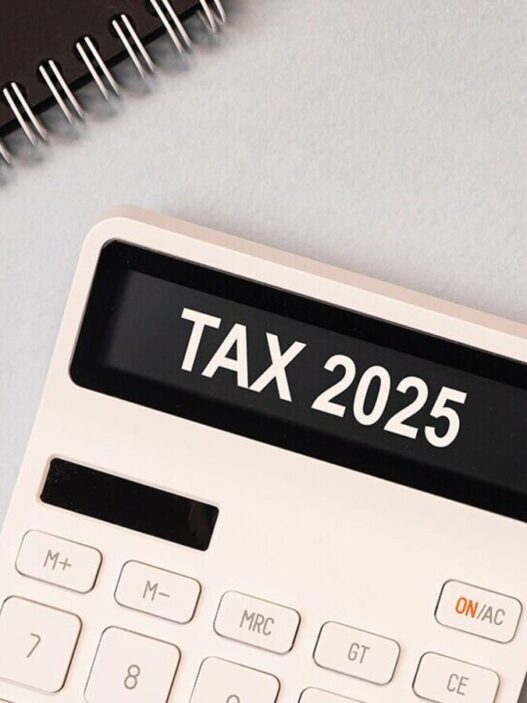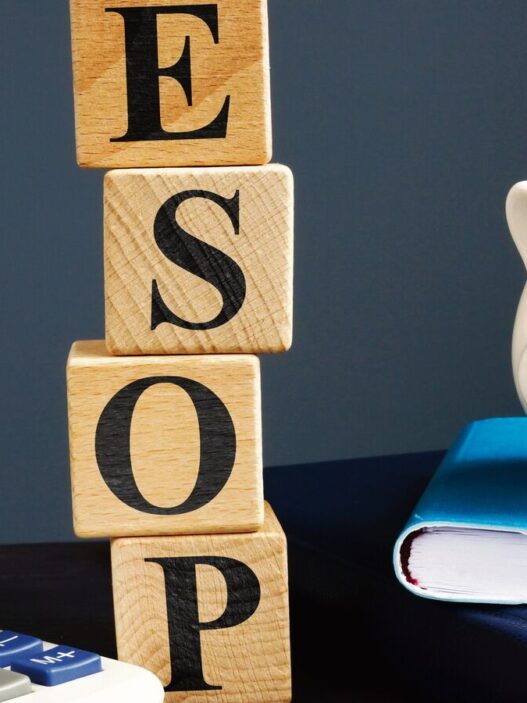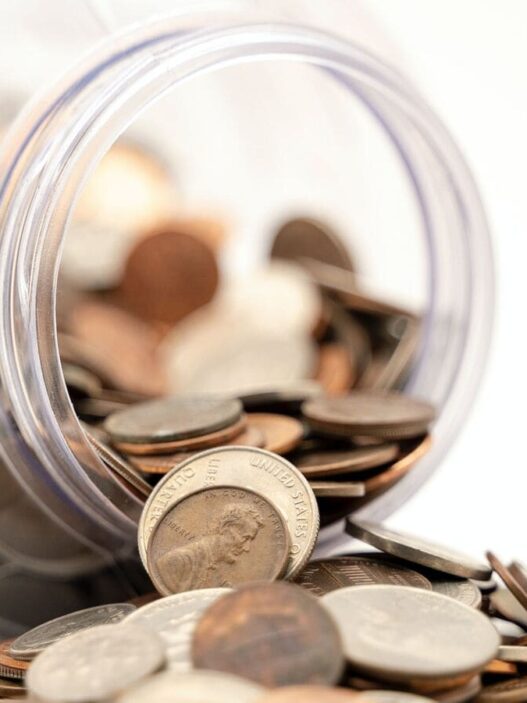If you are a regular credit card user, you would be receiving the credit card bill on a regular basis i.e., every month. And you would typically have an option of either paying the minimum due on it or clear the bill in full.
Regardless of your temptation to pay the minimum due, one should refrain from doing so because this leads to an accumulation of higher interest and late payment fee.
Let us understand how this happens. Let us suppose, you have an outstanding credit card bill of ₹one lakh in one month and you had an interest-free period of upto 45 days following the transaction. Now before the last date of payment, if you pay only the minimum due, the interest will be calculated from the date of transaction (which could be 45 days prior to the last date).
Typically, banks charge 2-3 percent a month on the credit card bill. So, when you pay the bill 15 days after the last date, you will be charged interest for 60 days (45 days interest-free period + 15 days). At the rate of 3 percent per annum, you may stand to lose 6 percent as interest because of 15 days of delay.
Therefore, these are the key reasons for which you should refrain from paying the minimum due.
Bill payment: Reasons to avoid the minimum due
Impact on credit score: Regularly paying the minimum due suggests that the credit card user is struggling to manage his finances. This can lower his/her credit utilisation ratio (the amount of credit used vs. available), which negatively affects their credit score.
Late fees: When you miss the full payment due date and only pay the minimum, you would incur late payment fees, other charges, and GST on interest, further raising your credit card liability.
Higher interest: Credit cards typically have annual interest rates (APR) ranging from 30 per cent to 45 per cent. When you pay only the minimum due (which is usually 5 per cent of the total balance), the remaining unpaid amount accrues compound interest, making your debt grow quickly.
(Note: Using a credit card carries its own set of risks)












